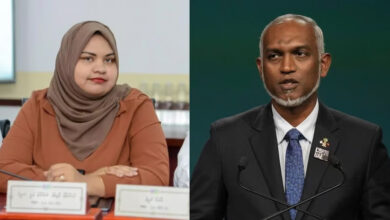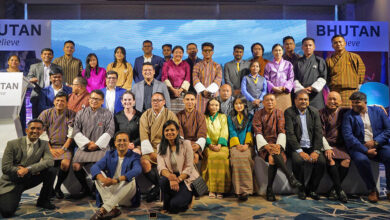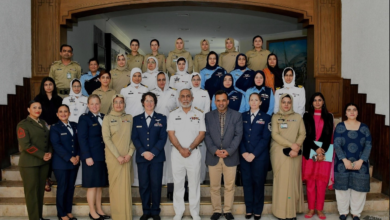UN Women Say They Are ‘Uniquely Impacted by Restrictions in Afghanistan’
It has been more than five months since women have been banned from working at NGOs.

Kabul: UN Women in a statement said the latest restrictions on women in Afghanistan has uniquely impacted UN women.
The statement said that since 4 April 2023, all national staff including men and women have worked from home.
“Seventy percent of our staff are women. Fifty-five percent of our national staff are women,” the statement said.
Meanwhile, some women activists said that women’s inclusion in social life is important, and they urged the Islamic Emirate to allow women go to their workplaces.
“We have witnessed foreign support regarding Afghanistan that supports women. But we have not seen women being supported inside of Afghanistan,” said Suraya Paikan, women’s rights activist.

“Without women’s presence in the society, the improvement of the society is impossible. We call on the Islamic Emirate to rescind its order of banning women from work,” said Marriam, an employee of the UN.
This comes as the Deputy Minister of Economy (MoE), Abdul Latif Nazari, also stressed the need for women’s presence in the health and trade sectors.
“The role of women currently in health and trade sectors is vital, and of course in small industry. Of course the presence of women has been felt in small industries,” he said.
It has been more than five months since women have been banned from working at NGOs.




